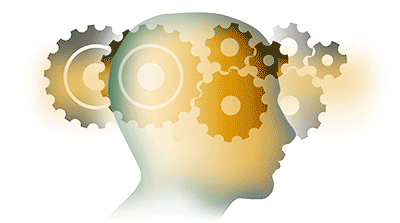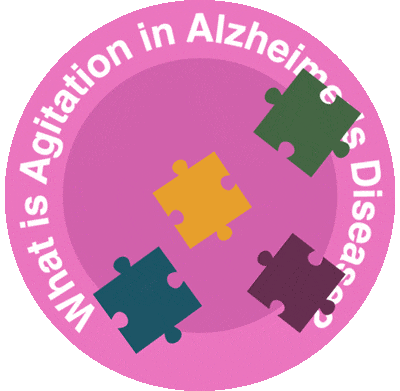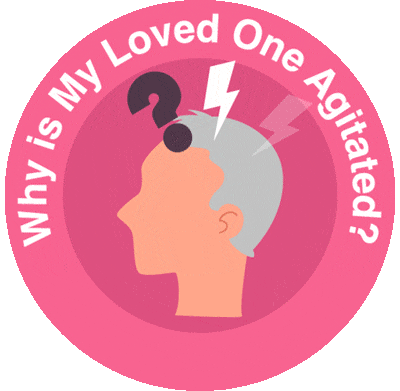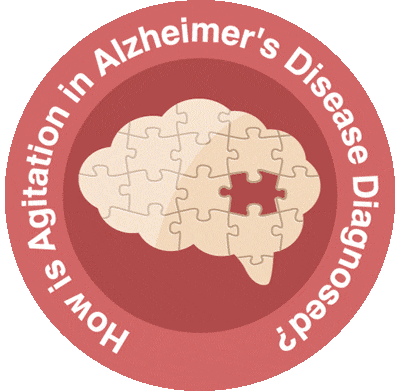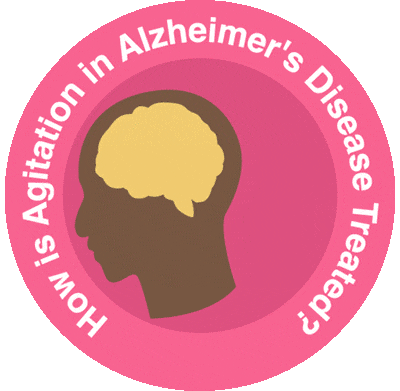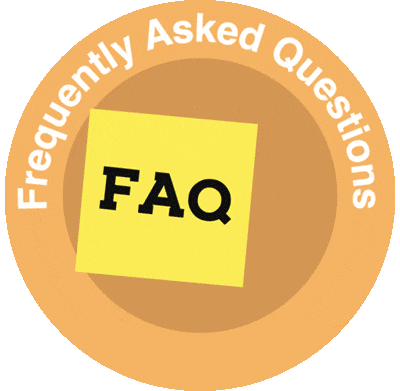 This activity is provided by Med Learning Group.
This activity is provided by Med Learning Group.
This activity is supported by an educational grant from Otsuka America Pharmaceutical, Inc. and Lundbeck.
Copyright © 2024 Med Learning Group. Built by Divigner. All Rights Reserved.

How Is Agitation In Alzheimer’s Disease Treated?
There are two main ways to treat AAD: behavioral and medical.
Behavioral
Behavioral interventions require a person-centered approach. That means thinking about what the person now enjoys or previously enjoyed doing and understanding that the agitation results from frustration because they can’t communicate in any other way. Ask yourself: “What are they trying to tell me? How can we respond to their distress?” rather than, “How do we manage this behavior?”1
Also, provide reassurance. Use calming phrases such as: “You’re safe here;” “I’m sorry you’re upset;” and “I’ll stay until you feel better.” Let the person know you are there.1
Communication
Communication is key to reducing episodes of agitation or their duration.3,4
- Speak calmly and be aware of your facial expressions and body language
- Listen to the concerns of the person living with dementia. Avoid arguing or trying to reason
- Offer reassurance that they are safe and you are there to help
- Use other communication methods besides speaking, such as gentle touching
- Explain what you are going to do before touching the person with dementia or starting a new activity, such as bathing or leaving the house
- Show you understand that they’re upset. For example, say, “You seem worried”
- Take deep breaths and count to 10 if you get upset
Environment
The environment plays an important role in triggering agitation. To reduce its effect3,4:
- Try to keep a routine, such as bathing, dressing, and eating at the same times each day
- Reduce noise, clutter, or the number of people in the room
- Play soothing music
- Keep well-loved objects and photographs around the home
- Adjust lighting, letting in natural light during the day, if possible, and try softer room lighting in the evening.
- Slow down and try to relax if you think your own worries may be causing concern
- Use soothing aromatherapy like lavender
Sundowning: avoiding late-day confusion
Sundowning occurs when restlessness, agitation, irritability, and confusion happen as daylight begins to fade. Being overly tired can increase late-afternoon and early-evening restlessness. Try these steps to prevent sundowning2,4:
- Stick to a schedule
- Arrange a time to go outside or sit by a window to get sunlight each day
- Aim to be physically active each day, but don’t plan too many activities
- Avoid alcoholic drinks and beverages with caffeine, such as coffee or cola, late in the day
- Discourage long naps and dozing late in the day
Safety
The aggressive behavior that may come with agitation requires steps on your part to keep yourself and others safe4:
- Hide or lock up car keys and possible weapons, including kitchen knives and guns
- If the behavior becomes aggressive, stay at a safe distance until it stops or get help
- Talk with a doctor if problems such as hitting, biting, depression, or hallucinations appear to worsen. Medications may help treat some of these symptoms.
- Call 911 in an emergency and be sure to tell responders that your loved one has dementia
Medications
Your doctor may recommend one or more medications to help reduce episodes of agitation. Keep in mind that they are most effective when used together with the behavioral approaches described elsewhere.
Guiding principles for medication use in AAD5
- Know the risks and benefits. It’s important to understand the potential benefits and risks of a medication before making treatment decisions
- Target a specific symptom. Effective treatment of one core symptom may help relieve other symptoms. For example, some antidepressants may help people sleep better
- Start with a low dose of a single drug and monitor closely for side effects. Side effects can be serious, and drugs can occasionally even worsen the symptom being treated. Dosage should not be increased without a careful evaluation by a healthcare professional
Types of medications
The most common medications used to treat AAD are atypical antipsychotics, which are drugs that target the serotonin and dopamine pathways in the brain. These drugs are approved for treating the signs and symptoms of schizophrenia, which include hallucinations, delusions, aggression, agitation, hostility, and uncooperativeness—symptoms similar to AAD. These medications include aripiprazole, clozapine, and olanzapine.5
Until recently, doctors had to prescribe antipsychotics “off label” because they weren’t approved for AAD. But in May 2023, the FDA approved brexpiprazole as the first drug specifically to treat AAD.1
However, all antipsychotic drugs carry the risk of significant side effects, some of which can be fatal.1 Talk to your doctor about the risks and benefits of using these medications.
Your doctor may also prescribe antidepressants like citalopram and fluoxetine for low mood and irritability; antianxiety medications like lorazepam for anxiety, restlessness, and other behavior problems; or a mood stabilizer like the antiseizure medication carbamazepine. Ask your doctor about side effects.5
The Alzheimer’s Association and medical and governmental entities suggest that people with dementia only use antipsychotic medications if5:
- Their behavioral symptoms are due to mania or psychosis
- The symptoms present a danger to the person or others
- The person is experiencing inconsolable or persistent distress, a significant decline in function or substantial difficulty receiving needed care
In addition, they should not be used to sedate or restrain persons with dementia. Your doctor should prescribe the lowest possible dose for the shortest possible time and monitor side effects carefully.
References
- Grossberg GT, Kolanowski A, Medders L, et al. Understanding agitation in Alzheimer’s disease. Insights and Implications in Gerontology. August 2023 (https://issuu.com/gsastrategicalliances/docs/insightsimplicationsaad). Accessed 11/2/23.
- Alzheimer’s Association. Sleep issues and sundowning. 2023 (www.alz.org/help-support/caregiving/stages-behaviors/sleep-issues-sundowning). Accessed 11/2/23.
- NIA. Managing personality and behavior changes in Alzheimer’s. 2017 (www.nia.nih.gov/health/alzheimers-changes-behavior-and-communication/managing-personality-and-behavior-changes. Accessed 11/2/23.
- NIA. Tips for managing agitation, aggression, and sundowning. 2/2022 (https://order.nia.nih.gov/sites/default/files/2023-01/manage-aggression-agitation-sundowning.pdf). Accessed 11/2/23.
- Alzheimer’s Association. Treatments for behavior. (www.alz.org/alzheimers-dementia/treatments/treatments-for-behavior). Accessed 11/2/23.
